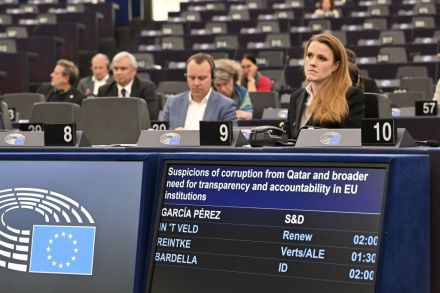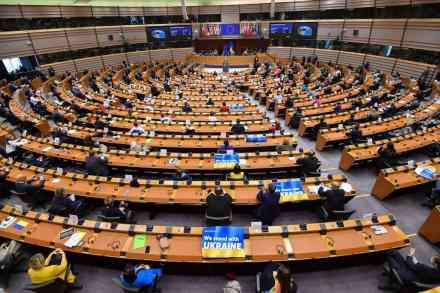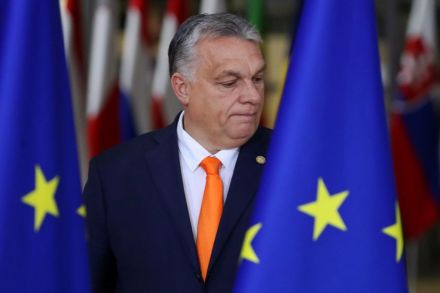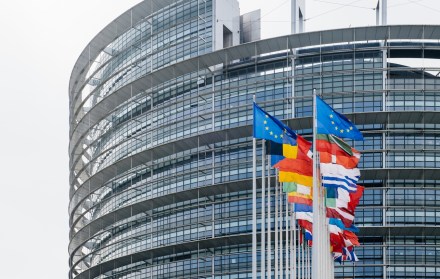Qatargate and the dubious moral authority of NGOs
The Qatargate scandal haunting the European Union is not merely about corrupt politicians and officials. The deplorable role of a non-governmental organisation is at the heart of the scandal, which highlights the interlocking of NGOs and EU parliamentarians and decision makers. The most interesting feature of the corruption scandal surrounding the detention of the EU parliament’s vice-president Eva Kaili and politicians and EU apparatchiks is their connection to a supposedly squeaky-clean NGO called Fight Impunity. The current president of the organisation is Pier Antonio Panzeri, 67, a former Italian leftist MEP. He was arrested after €600,000 in bank notes was found in his house in Brussels. He and his wife and daughter are alleged to have received bribes from a Moroccan diplomat. Even more interesting is the revelation that





